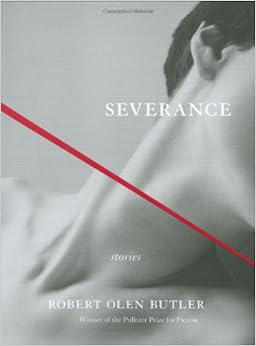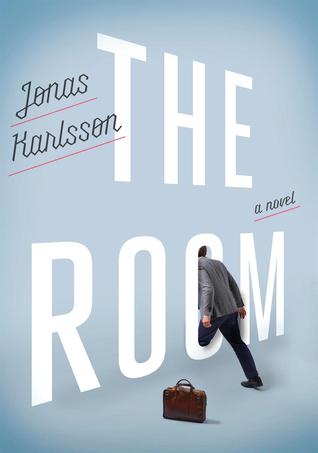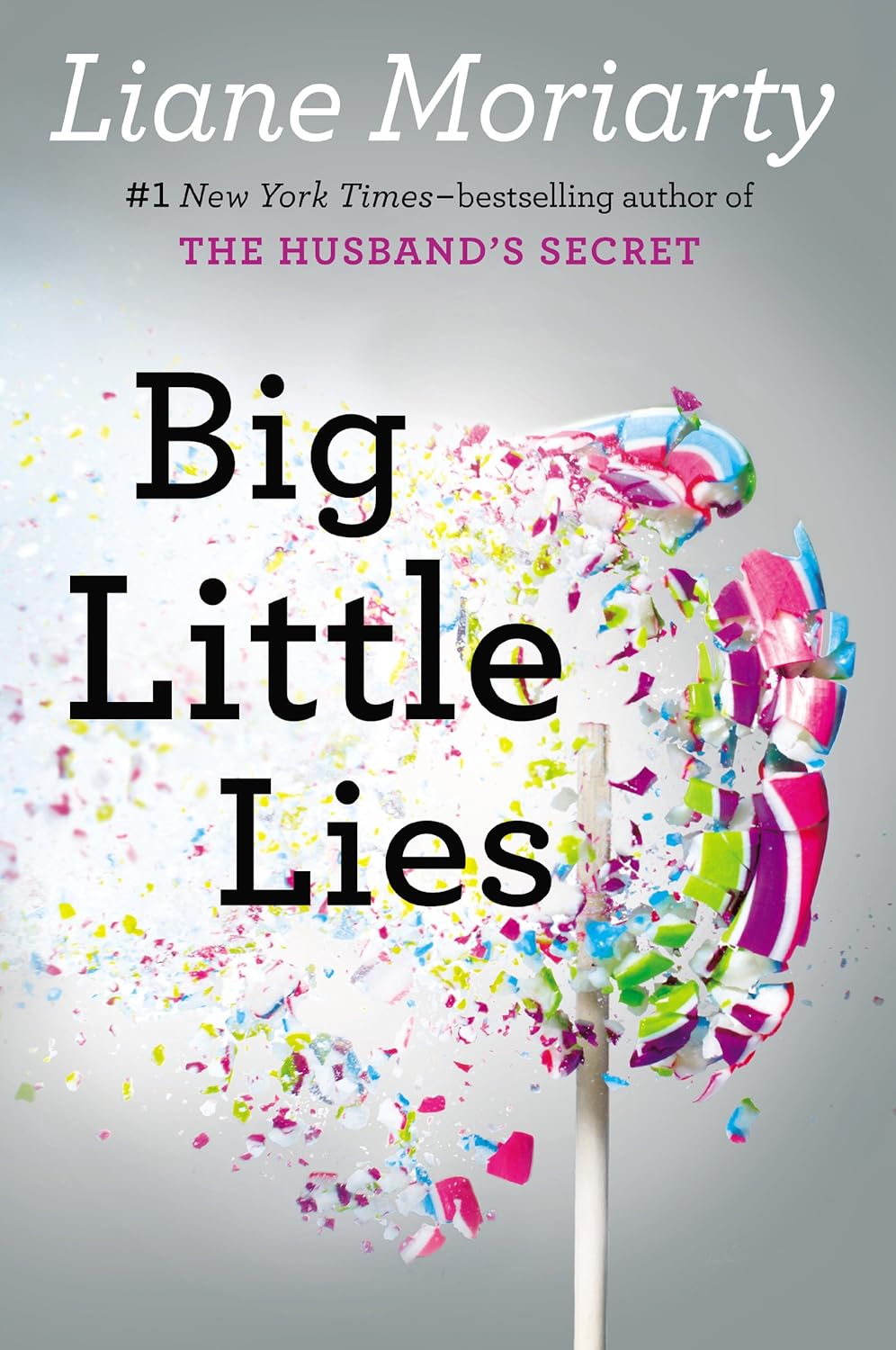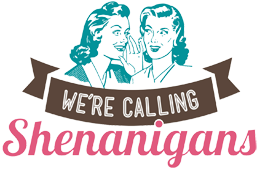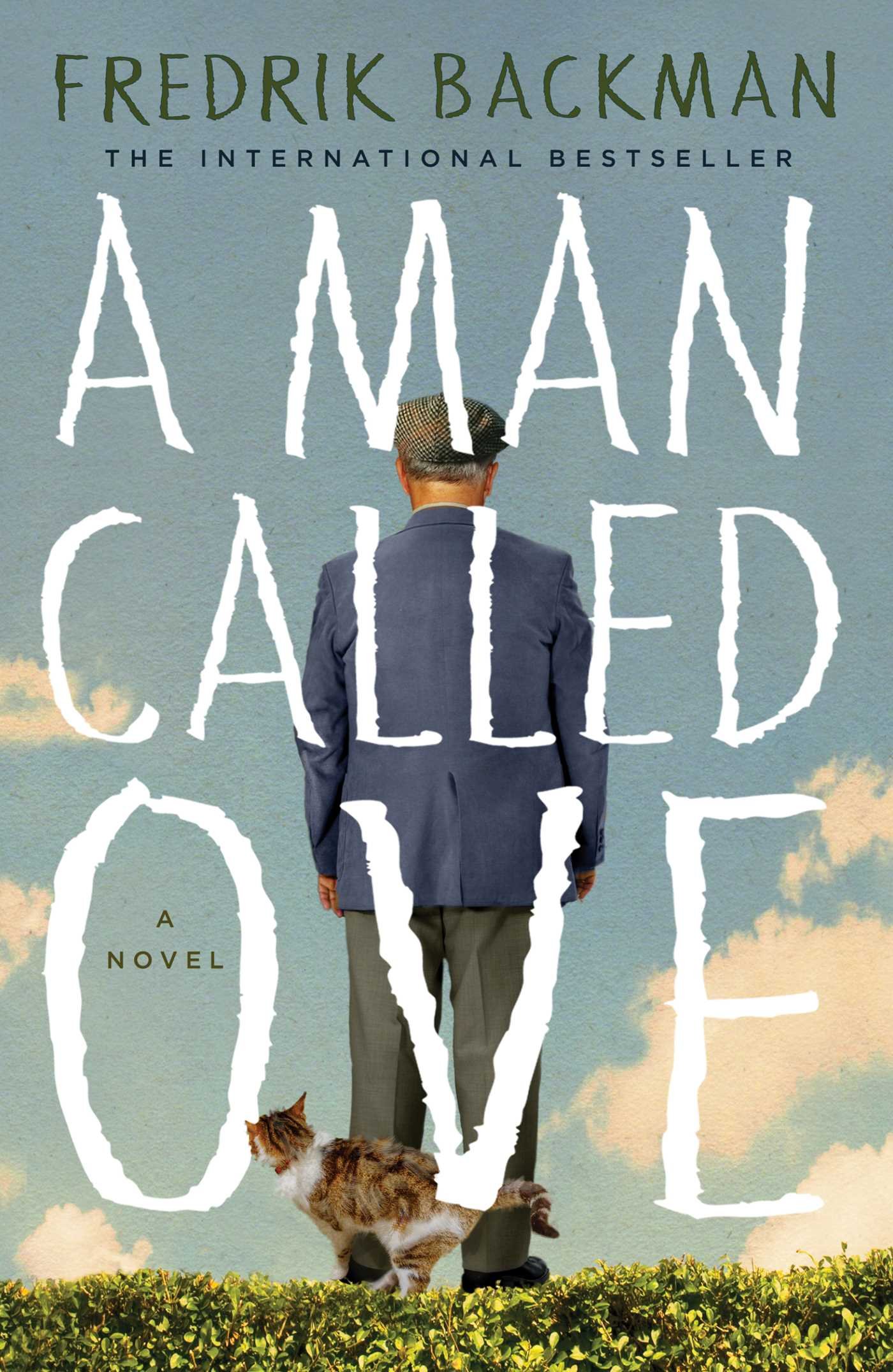non·plussed
nänˈpləst/
adjective
adjective: nonplussed; adjective: non-plussed; adjective: nonplused
1.
(of a person) surprised and confused so much that they are unsure how to react.
"he would be completely nonplussed and embarrassed at the idea"
2.
North American informal
(of a person) not disconcerted; unperturbed.
non·plus
nänˈpləs/
verb
past tense: nonplussed; past participle: nonplussed
- surprise and confuse (someone) so much that they are unsure how to react."Diane was nonplussed by such an odd question"
Origin
late 16th century: from Latin non plus ‘not more.’ The noun originally meant ‘a state in which no more can be said or done.’
EGAD, readers! Help me, here! Do you SEE the difference in definitions 1 and 2, above? Do you note that they are exact opposites?
Here is what is happening in NORTH AMERICA: So many people are using this word incorrectly that the incorrect meaning is becoming the accepted usage!
May it never be!!
Please, for the love of linguistics! Use this word correctly and fight the tyranny of ignorance!!
This turn of events leaves me completely NONPLUSSED!!!



